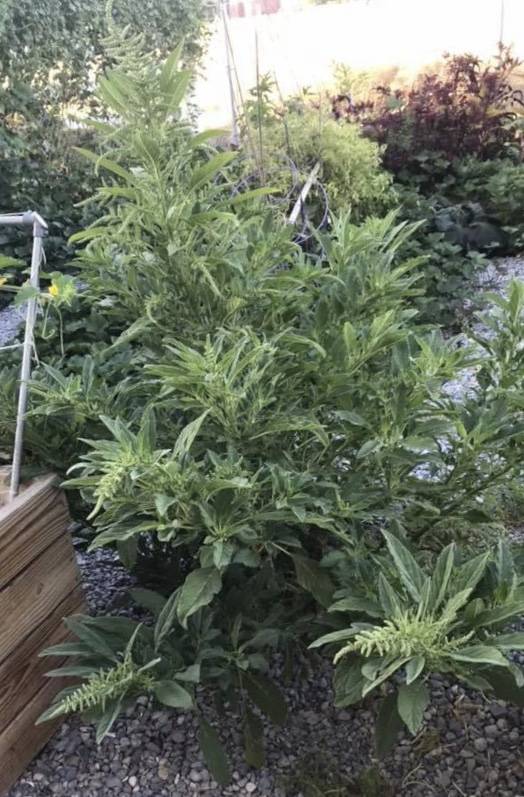
In Season has been asked many reader questions since launching earlier this year. We hope these answers help get your garden moving.
Q: Will adding food waste, coffee grounds, as you suggested in the article you wrote about sheet mulching, invite rats and other undesirables into the yard?
A: I can understand your concern with adding food scraps to a sheet mulch pile. A garden can attract rats and mice even without composting, so it is a valid concern. This last year was especially a bad one for rat infestation in Southern Nevada and I know quite a few people who had to deal with the issue who are not composting. If you are concerned about sheet mulching in this manner, I do have some suggestions.
First, I would try biological controls. Any garden that attracts rats or mice will also attract their predators. We can help them out by building a habitat for them, for example, a nesting box for owls. Chickens will also kill rats and mice but will need to be supervised in the garden. I allow my chickens into my garden when I am working in it.
Keeping the garden a good distance from the house is another option. The drawback is that you may not visit it as much as you should. I find that when I visit my garden a few times a day I have much less pest activity of any kind.
You can also set traps in the garden if you think you may have an issue. They work but you may also catch other critters you may not have meant to, like birds. Bucket traps work wonders and you will catch many rats and mice.
One thing that works well for me is keeping a tarp over my pile and flooding the pile weekly. This will clear out nesting activity and help the compost to break down more quickly.
If you would like to sheet mulch and lessen your chances of attracting rodents, you can still do so without adding food scraps. Used coffee grounds, in my experience, are not appealing to pests. Most of my pile is made from branches and last year’s garden leaves and vines. Food scraps could be composted in a worm bin instead and worm casings make great fertilizer for your garden.
Q: Thank you for your recent piece in the Pahrump Valley Times regarding amaranth. I think it is fantastic to call attention to crops that are effective to grow with limited water in our region.
However, I was highly troubled when you stated that the crop “could take over if not controlled.” That sounds like the makings of an invasive species. Indeed, numerous types of amaranth are considered invasive in various parts of the world, including in the United States. Being originally from the South, where Kudzu is genuinely feared, and having read about how invasive species can greatly increase the fire risk in desert environments, I have learned to take the threat of invasive species very seriously.
Are there other plants native to our area which can be grown with limited water? For example, the “three sisters”—corn, beans, and squash? I would like to hear about those and other crops and look forward to your future articles.
A: I am happy to hear that you have heard of the “three sisters”. You can find the article I wrote on the “three sisters” in the March 6, 2020 edition of the Pahrump Valley Times.
There really is no need to worry about amaranth becoming invasive. In my experience, amaranth cannot spread without at least a weekly watering. I have grown it for years and it has not taken over my lot. It is nothing like the invasive species we already experience such as tumbleweed, etc.
The three sisters, on the other hand, needs to be watered at least twice a day on drip irrigation. If you examine the yield on the level of pounds per square foot over gallons of water used, amaranth is a clear winner.
Q: Are you affiliated with the University of Nevada Extension Master Garden program?
A: I have taken some of the courses that the Master Garden program offers and I do volunteer for them when I can but I am not officially connected to the Master Garden program, the university, nor am I a certified Master Gardener.
Currently, the Master Garden class is only available during working hours and not offered online or in the evenings. That is unfortunate for people like me who work traditional hours. It is a great program and I do hope that more people will take advantage of the classes and services that they offer.
Their office is located at 1651 E. Calvada Blvd. where they maintain an “Ask a Master Gardener Help Desk”. You can also find them on Saturday mornings at the Farmers Market, which is held in the parking lot of Tractor Supply. The summer hours for the market are from 8 a.m. to 11 a.m.
Terri Meehan is the Founder of Southern Nevada Gardening Association a regional group. She is a garden mentor and local farmer in Pahrump. Send questions or comments to her at sonvgarden@gmail.com